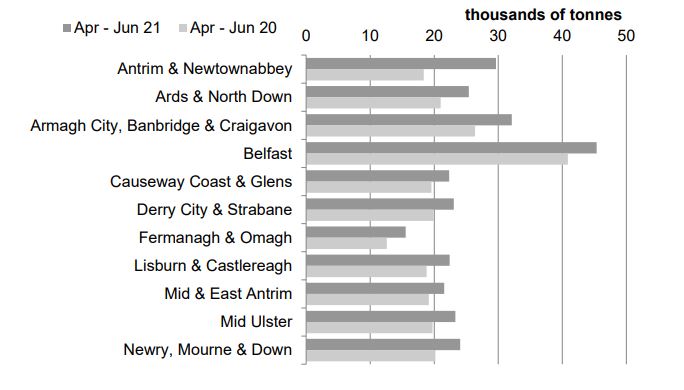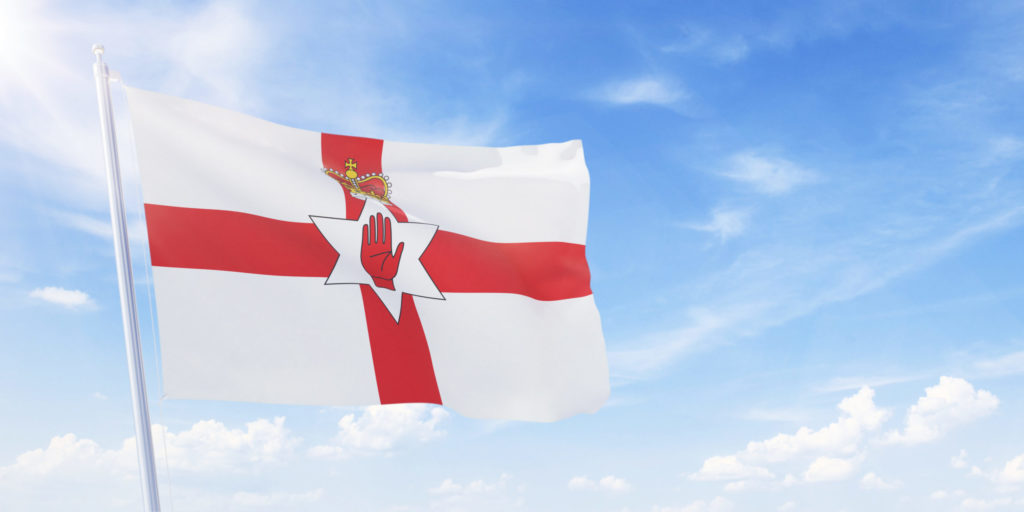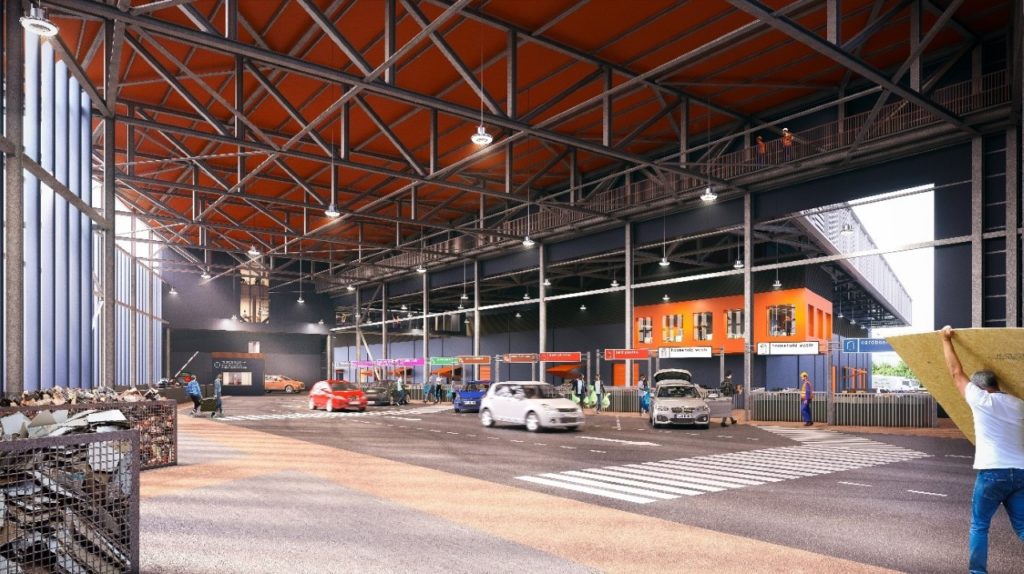Published yesterday by Northern Ireland’s Department of Agriculture, Environment and Rural Affairs (DAERA), the data showed that the between April and June 2021, councils collected 284,771 tonnes of waste. In the same period last year, councils collected 236,560 tonnes of waste.
This report marked a slight decrease in recycling rates. During April to June 2021, 52.1% of waste collected by councils was sent for recycling, 0.8% lower than the recycling rate for April to June 2020.
It is the fifth report in a row to mark an increase in waste tonnages. In the last quarter of 2020/21, a total 250,228 tonnes of waste was collected, which represented an 11% increase compared to the same period last year (see letsrecycle.com story).
DAERA have put the tonnage increase down to the resumption of services following the covid-19 pandemic, as it noted that in the same period last year, services were disrupted due to lockdown.
Councils
Belfast city council collected the most waste at 45,362 tonnes, whilst Fermanagh and Omagh council collected the least at 15,553 tonnes.
All councils reported an increase in total waste arisings in April to June 2021 compared to the same period in 2020, with the largest increase of 61.5% recorded in Antrim & Newtownabbey.

Compost
The report also shows that half of all household material sent for recycling over the three months to June this year was composted.
Of all household waste, 29.3% was sent for composting over the period, accounting for around 56% of all reported household recycling from local authorities.
Colm Warren, chief executive of organics recycling business Natural World Products (NWP), responded to the data, welcoming the figure however urging that there is more to be done.
Mr Warren said: “It is of course welcome that more than a third of household waste recorded in the period was composted, making up well over half of all material recycled.
“There is significant scope for this figure to be increased.” – Colm Warren, NWP
“However, there is significant scope for this figure to be increased with a greater and concerted push from authorities to drive up recycling rates of household organics, including garden waste. More regular collection of brown bins and food waste may be an obvious thing to explore – especially if residual bin collections are to be reduced in frequency for example.
“Reminding residents of the critical importance of using their brown bins for both food and garden waste is of increasing importance – especially when we branch away from looking only at the impact on landfill diversion and start thinking about how we’re combating the critical issues of both soil health and carbon capture as we step up efforts in the battle against the climate emergency.”
The landfill rate was at 21.6% in this period, similar to the 21.2% recorded in the same period last year.
Almost a quarter (23.8%) of waste arisings were sent for energy recovery in April to June 2021, higher than the 23.2% reported 2020, and the 0.1% rate during the same quarter in 2010.









Subscribe for free